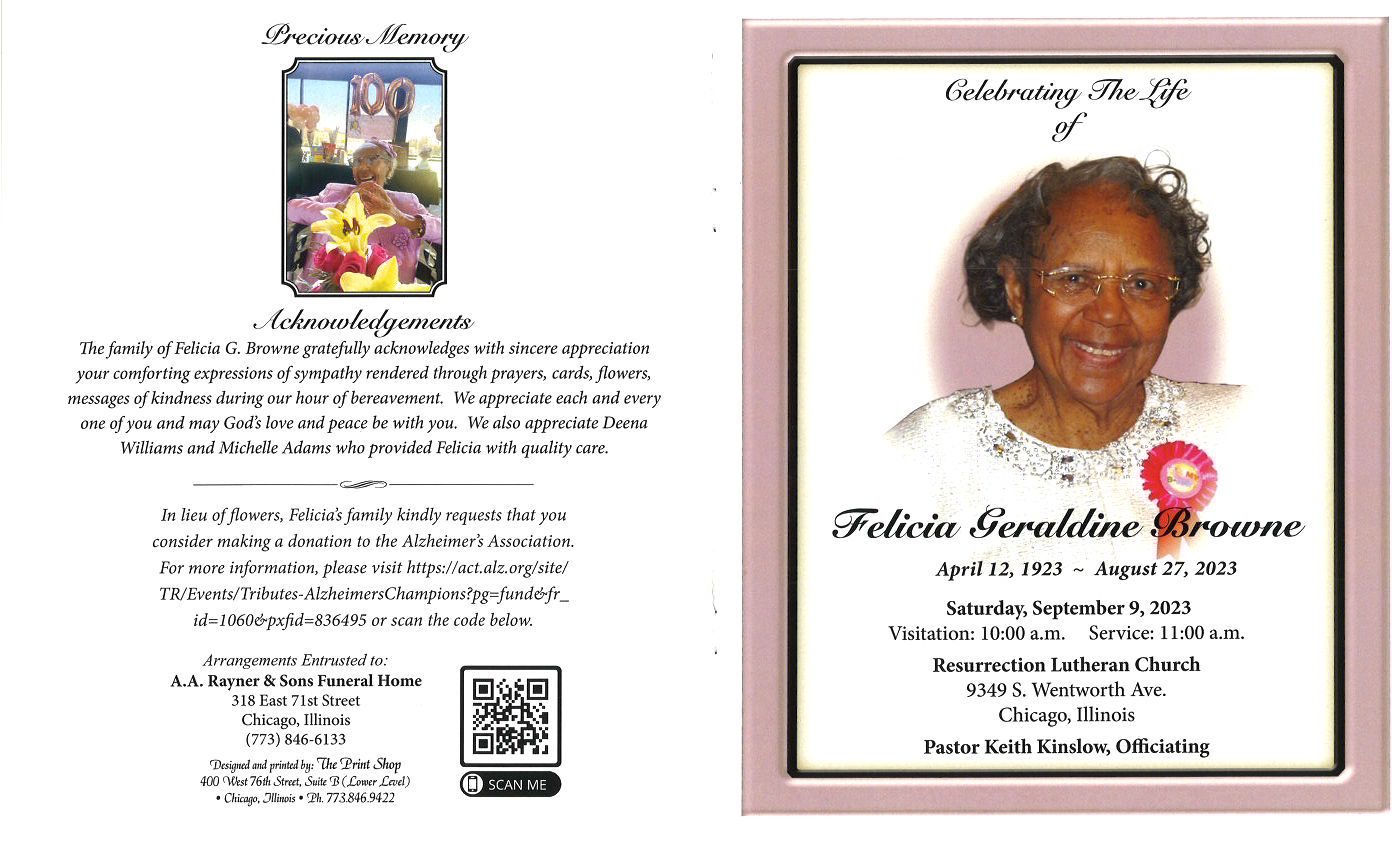The Art of Life Tributes: Elevating Funeral home Obituaries
Funeral home obituaries have traditionally served as a factual record of a person’s life, detailing birth, death, and key milestones. However, in recent years, there’s been a growing movement to transform these notices into meaningful tributes that celebrate the unique essence of the deceased. This shift reflects a broader cultural emphasis on personal expression and honoring individuality.
This article will delve into the evolving landscape of funeral home obituaries, exploring how they are becoming more personal, creative, and impactful. We will examine the role of technology in shaping these tributes, discuss the ethical considerations involved, and offer guidance on crafting meaningful and memorable obituaries.
From Factual Records to Personal Narratives
Traditionally, funeral home obituaries adhered to a rigid format. They typically included:
Full name: Including maiden name for women.
While this information remains essential, contemporary obituaries often go beyond these basic facts. They now incorporate:
Personal anecdotes: Sharing cherished memories, humorous stories, and unique personality traits.

This shift towards personal narratives allows obituaries to become more than just a list of dates and names. They become a platform for sharing stories, celebrating lives, and preserving legacies for future generations.
The Role of Technology in Shaping Modern Obituaries
Technology has played a significant role in transforming the way obituaries are created, shared, and experienced.
Online platforms: Many funeral homes now offer online obituary services. These platforms provide a central hub for sharing information, posting photos and videos, and collecting condolences from friends and family.
These technological advancements have made it easier to share obituaries with a wider audience, personalize tributes with multimedia elements, and create interactive online memorials.
Ethical Considerations in Crafting Life Tributes
While personalizing obituaries offers numerous benefits, it’s crucial to consider the ethical implications.
Privacy concerns: Sharing personal details and stories about the deceased requires careful consideration of privacy. It’s important to respect the wishes of the deceased and their family members regarding what information is shared publicly.
Crafting Meaningful and Memorable Obituaries
Crafting a meaningful obituary requires careful thought and consideration. Here are some tips:
Start early: Begin drafting the obituary as soon as possible after the loss. This allows time for reflection and gathering memories.
The Impact of Life Tributes on Grief and Healing
Creating and sharing life tributes can have a profound impact on the grieving process.
Provides a sense of closure: The process of crafting an obituary can help family members come to terms with their loss and find closure.
The Future of Funeral Home Obituaries
As technology continues to evolve and societal attitudes shift, funeral home obituaries will undoubtedly continue to evolve.
Increased use of multimedia: We can expect to see an increased use of multimedia elements, such as videos, audio recordings, and interactive timelines.
The future of funeral home obituaries lies in their ability to serve as meaningful and enduring tributes that celebrate the unique lives of those we have lost. By embracing creativity, technology, and ethical considerations, we can ensure that these tributes continue to provide comfort, solace, and a lasting legacy for generations to come.
Conclusion
In conclusion, funeral home obituaries are evolving from simple factual records to meaningful and personal tributes that celebrate the unique essence of the deceased. This shift reflects a growing emphasis on individuality, personal expression, and honoring the lives of loved ones. By embracing technology, considering ethical implications, and focusing on crafting meaningful narratives, we can ensure that obituaries continue to serve as powerful tools for remembrance, healing, and celebrating the lives of those we have lost.
This article has been revised to replace “ with `